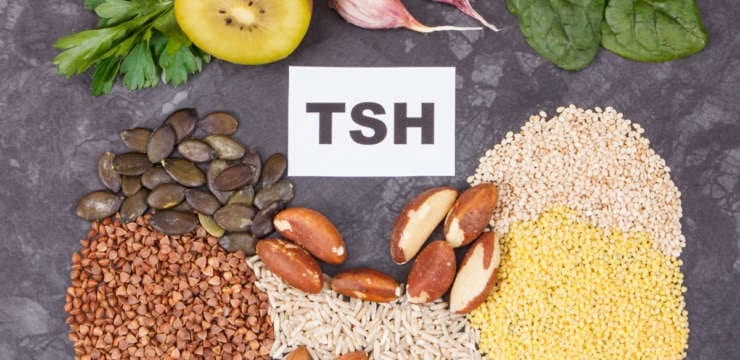Aging by definition is a “cascade of robustness breakdown triggered by a decrease in systemic NAD+ biosynthesis and the resultant functional defects in susceptible organs…

Supplements: What is more fundamental to our existence than diet and nutrition? Most of us eat at least three times a day. This creates a cumulative effect, as to either our diet help fuel our body or it harms it. Bad nutrition, diet, and obesity can lead to conditions such as osteoarthritis, osteoporosis, and chronic pain. Having knowledge about dietary supplements such as, vitamins along with proper nutritional balance, and effective techniques to shed weight can help those striving to change in their new healthy life. The human body needs macronutrients and micronutrients to properly function. Macronutrients are those you get from the diet, but micronutrients are gained from supplements and created by the body. A dietary supplement is used to provide nutrients in order to increase the quantity of their consumption or to provide non-nutrient chemicals which are claimed to have biological/beneficial effects. Dietary supplements come in all shapes and sizes. There are capsules, drinks, energy bars, powders and traditional tablets. The most popular are calcium, iron, vitamins D and E, herbs like echinacea and garlic and specialty products like glucosamine, probiotics, and fish oils. Health coaches can work with individuals to figure out what supplements would best fit for their life and provide them with the best quality.

Aging by definition is a “cascade of robustness breakdown triggered by a decrease in systemic NAD+ biosynthesis and the resultant functional defects in susceptible organs…

Thyroid function is crucial to maintain health. The balance and secretion of hormones like T3 and T4 orchestrate the metabolic process. However, a dysfunctional thyroid…

As previously stated, menopause is a turning point in a women’s life, a rite of passage that will commence the next step. Indeed, menopause itself…
Gut microbiota has a wide variety of metabolic activities. I would like to rephrase that, more than activities, they are responsibilities. Nowadays, we know that…

The cytokine storm present in COVID-19 in obese patients (and normal-weight patients) develops acute respiratory distress syndrome (ARDS). This syndrome is characterized by a severe…

Immunonutrition therapy application is varied, ranging from severely ill patients, perioperative immunonutrition, athletic enhancement, and more recently in the COVID- 19 patients. However, the underlying…

The main focus of orthomolecular medicine is to treat the leading cause of the condition. Detecting the root cause is the cornerstone to determine the…

Hormonal balance is directly proportional to thyroid function and structure. The thyroid gland is a hormonal gland with the primary role of modulating growth, development,…

Nutrients such as iodine and vitamin D are essential for the proper function of the thyroid gland and the appropriate synthesis of thyroid hormones. However,…

The evaluation of kidney filtration is the central point of diagnosing chronic kidney disease classification (CKD). The effects of methionine metabolism and total homocysteine levels…

The nutritional supplementation in the general population contributes to the proper function of physiological and genetic mechanisms. Indeed, vitamins of the B complex are potent…

It was first isolated from the Bovine Pineal gland in 1958. Nevertheless, in humans, it is the main hormone secreted by the pineal gland. Melatonin…

Inflammation is a necessary response, and it can initiate host defense response and repair damaged tissue. However, an uncontrolled inflammatory signal can cause prolonged inflammatory…

The growing evidence about the clinical application of naturally occurring phytochemicals has revealed multiple phytochemicals’ detoxifying properties. Curcumin, commonly known as turmeric, has previously reported…

The utilization of natural antioxidants to reduce oxidative stress is a promising therapeutic approach to prevent diseases by reducing ROS. Flavonoids, phenolic compounds, antioxidant vitamins…
Muscle wasting conditions have multiple etiologies. For example, sarcopenia is generally associated with aging, the decline of muscle function, and quantity. On the other hand,…

Several herbal species to treat the underlying causes of cardiometabolic disturbances with effective results have been used widely. Accordingly, cinnamon Verum (family Lauraceae) has been…